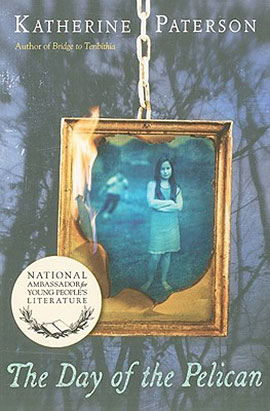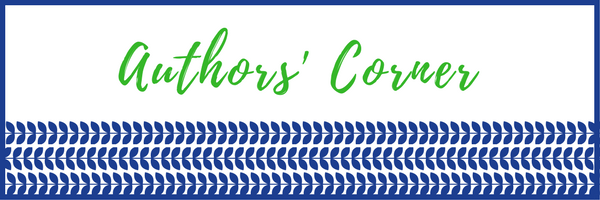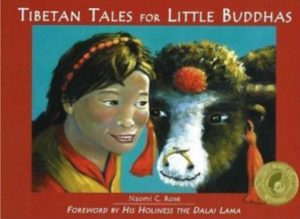Monique Storie, University of Guam, Latte Heights, GU
“Why would I want to read fiction when there are so many fascinating things on this earth to learn about?!”
We are avid readers in my house but we run the gamut in our reading preferences. My husband and I prefer fiction (I gravitate towards realistic fiction while Brett prefers modern fantasy and alternate history) but our son is a true non-fiction aficionado. As a preschooler, Ethan loved when his teacher read current events to him and would even remind her to read the newspaper in the morning when she forgot. As he grew, Ethan found facts, events, and tidbits about our lives more interesting than stories. My father, a non-fiction aficionado himself, summed up Ethan’s fascination with non-fiction by saying “Why would I want to read fiction when there are so many fascinating things on this earth to learn about?!”
Continue reading


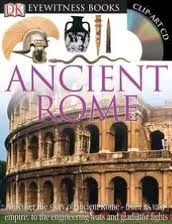


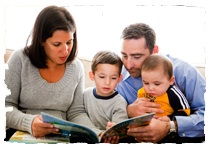
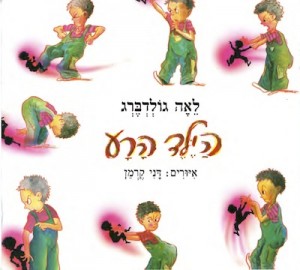
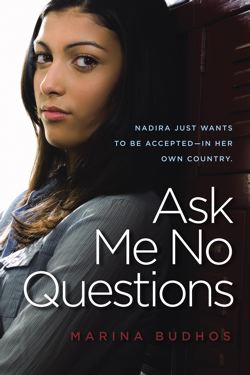
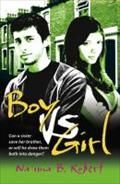
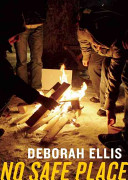 Authors outside of the cultures they are representing write both the immigration books from this as well as the
Authors outside of the cultures they are representing write both the immigration books from this as well as the 